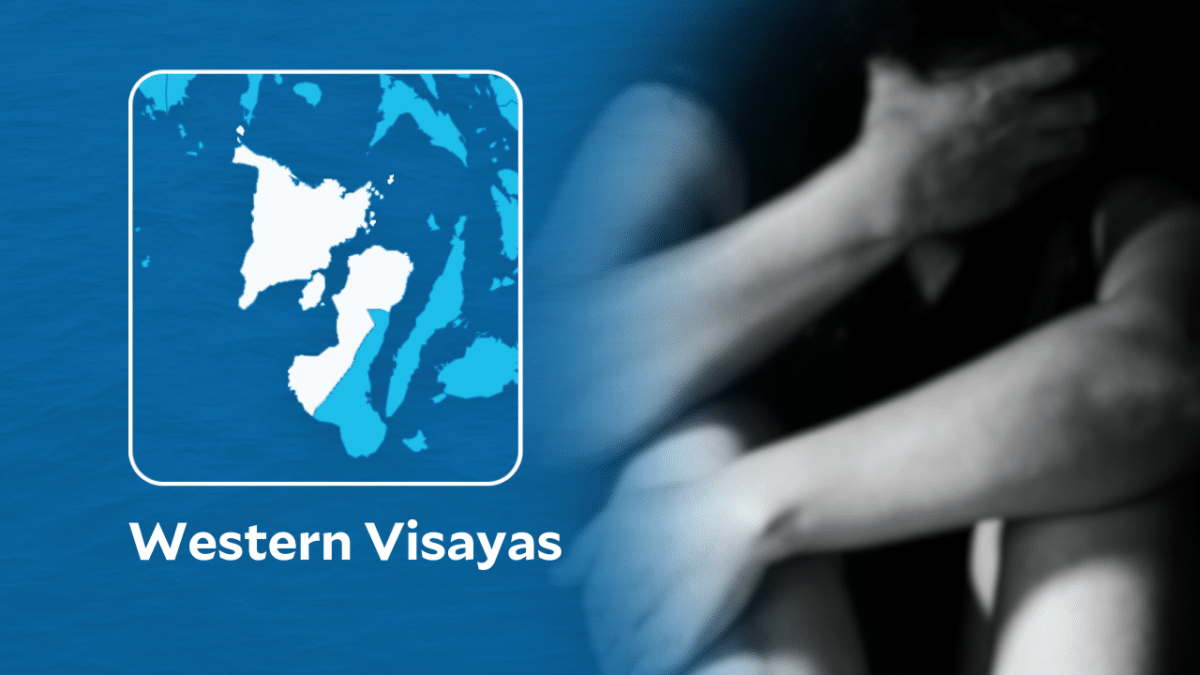Gender-based violence cases in Western Visayas rise
ILOILO CITY, Philippines — Cases of gender-based violence (GBV) in Western Visayas have increased by more than half in the last nine months.
The Department of Social Welfare and Development (DSWD)-Western Visayas on Friday, Nov. 29, said it logged 2,878 GBV cases from January to September 2024.
This figure represents a 57 percent increase compared to the 1,833 recorded over the same period last year.
Ana Lee Dema-ala, social welfare officer 2 of the DSWD in the region, said most of the cases involved Violence Against Women and Children or VAWC (2,494 or 79.7 percent) and child abuse (294 or 10.2 percent).
Other GBV cases recorded include rape (158), acts of lasciviousness (45), photo or video voyeurism (22), sexual harassment (20), violations of Republic Act No. 11313 or the Safe Spaces Act (16), violence against males (14), trafficking in persons (8), violence against differently-abled persons (4), violence against older persons (2), and violence against LGBTQ+ persons (1).
Article continues after this advertisementDema-ala said most of the GBV survivors who have approached their offices were mostly middle-aged who went through VAWC acts.
Article continues after this advertisement“Based on the walk-ins who came to the DSWD, based on my personal experience, most of those who came to us were in their 40s to 50s. Most of the cases were of economic or physical abuses,” she said.
Dema-ala shared that while they are receiving these cases, they also make sure that the local governments are well-prepared to handle immediate concerns.
“What we do is provide technical assistance to LGUs to further improve the functionality of their VAWC desks, because this is where our victim-survivors should go. That’s where they first complain regarding these abuses,” she said.
“Although there are cases where these walk-ins come to us in the region[al office], and ask for guidance on what they could do. What we do is refer them to the [Public Attorney’s Office] for advice,” she added.
DSWD-Western Visayas regional director Arwin Razo called these cases a “societal failure,” emphasizing the need to address them collectively from the community level.
“We have local mechanisms or structures. You have to look [at them]. Are the Barangay Councils for Protection of Children functional?” he asked.
“These are mechanisms that should be strengthened at the level of the community, because when these are functional, at least what we are doing is preventive,” he added.
